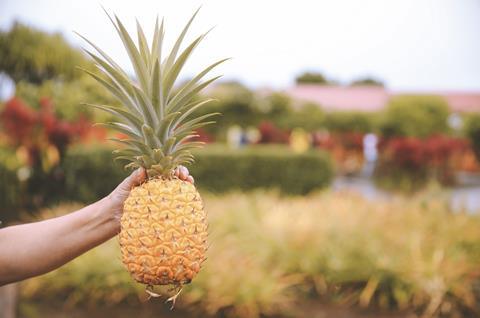The report establishes new environmental, social and governance goals for Dole and its global employees through 2030
Dole has announced the release of its first sustainability report since the 2021 merger of Total Produce plc and Dole Food Company.

According to the group, the report sets out its refreshed sustainability framework and offers a new set of environmental, social and governance (ESG) goals through 2030.
The Dole Way, the organisation’s sustainability framework, focuses on “robust governance” and three core pillars – For Nature, For People and For Food – covering environmental, ethical and social and nutrition related issues.
These three pillars incorporate key areas identified as being most material to the impact of Dole’s business’ operations.
“Dole has built market-leading positions across a wide range of fresh fruit and vegetable segments by incorporating sustainability into their growth models,” said Rory Byrne, Dole CEO.
“As our climate is changing, we are focused on identifying the related risks, adapting to the effects on our operations and minimising our own impacts. We also recognise and relish the special role we can play in improving people’s lives and the contribution Dole can make to promoting good health and wellbeing.”
The report also lays the foundation for the promotion of regenerative farming practices across Dole’s own operations as well as on associated farms which will support the business’ ambitious climate goals.
It highlights Dole’s first global carbon footprint collection, including measuring and managing scope 1, scope 2 and scope 3 emissions resulting in a reduction of 4 per cent in Scope 1 and 2 emissions (2021 over 2020).
It also emphasises the investment in renewal energy with two 2.8 megawatt wind turbines in Dole Fresh Vegetables in Soledad, California and the installation of a new solar panel system at Belfast, Ireland site with a capacity of 120 kWp
“Although fresh produce has a low environmental footprint in comparison to other food sources, there is still much to do to further decrease our impacts and adapt to the effects of climate change,” confirmed Xavier Roussel, chief marketing and sustainability officer.
“We are addressing those challenges for the long term with likeminded partners along the supply chain. Our vertically integrated business model allows us to research much in our own operations before expanding to our associated farmers which is instrumental to lead change in the industry.
“Caring for our most important resources: our people, the nature around us and the food we deliver to the world is our way to contribute to society and will set us up for continued success,” he added.






